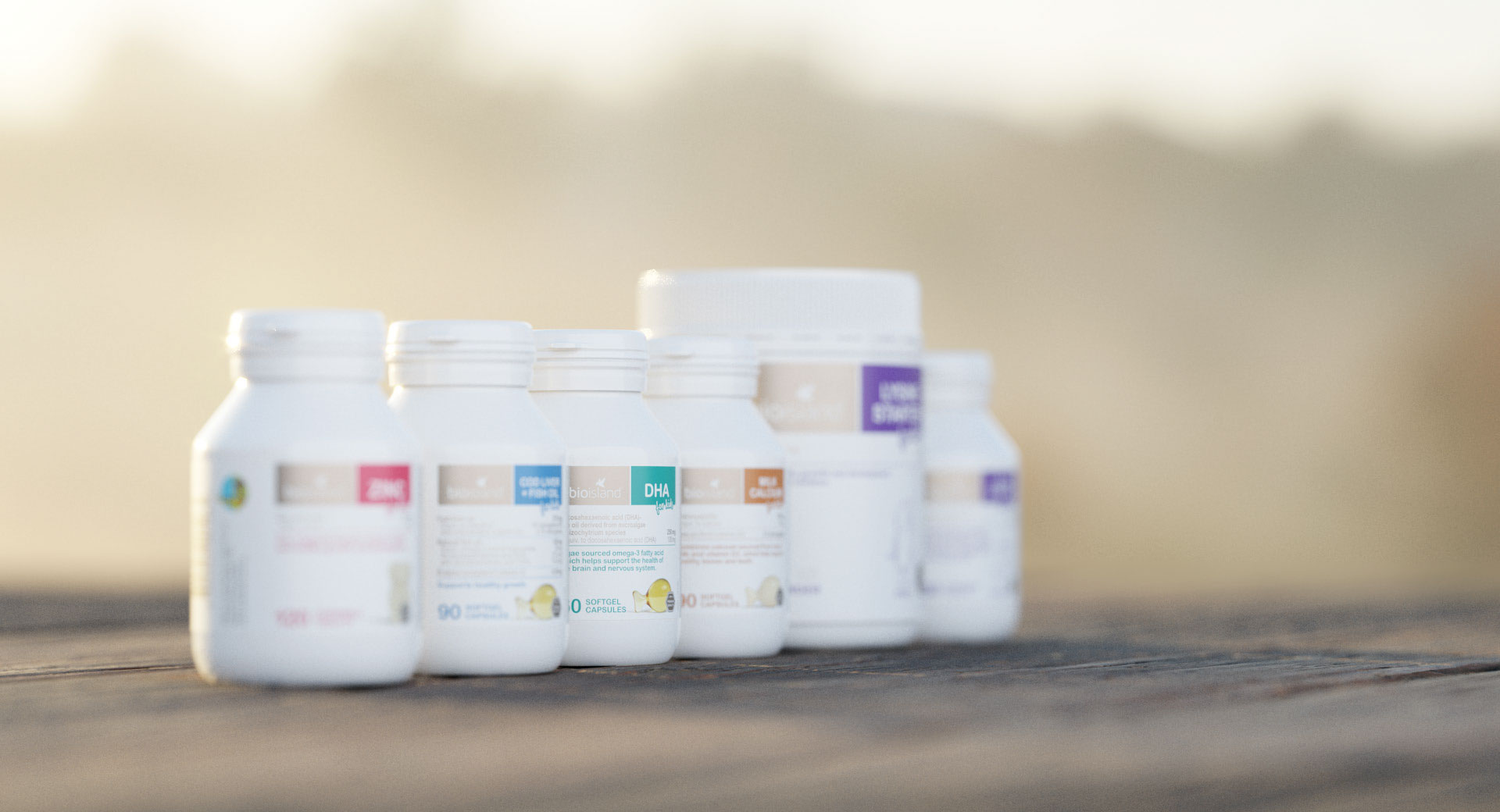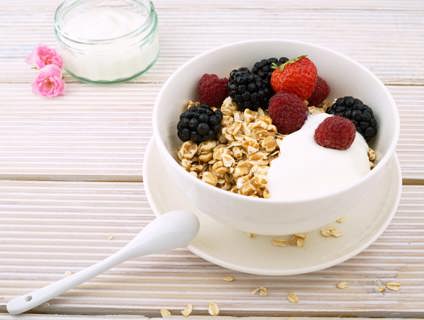
Drinking & digestion - taking a closer look a kombucha, kefir, switchel and tepache
Kombucha, kefir, switchel and tepache, are these drinks as healthy as they are made out to be?
By Bio Island Nutrition Team
If you search for information online about kombucha you’ll see hundreds of articles promoting the many health benefits of these and similar drinks like kefir, switchel and tepache. But is this really the most accurate story and are these drinks as healthy as they are made out to be?
Kombucha
Kombucha is made by fermenting tea with symbiotic culture of bacteria and yeast, otherwise known as “tea fungus”. If the kombucha is homemade it will generally have a mild acidic taste and many commercial kombuchas are made with added sugar or fruit juice to help improve the taste. Kombucha is similar to other fermented foods like yogurt and contains live bacteria and microorganisms from yeast and polyphenols from tea. A range of health claims have been made about kombucha, but it is important to know that there is not a lot of high-quality evidence to support these. The most up to date evidence in humans tells us that kombucha is high in antioxidants and there could be some beneficial effects from the live cultures contained in the drink. When choosing a commercial brand of kombucha there is no lack of variety, with literally hundreds of flavours and ingredients to choose from. If you are after the healthiest option then opt for a kombucha that uses fresh, natural ingredients.
Kefir
Originating from Southwest Asia and parts of Europe, kefir is another fermented drink that’s rising in popularity among more health-conscious consumers. There are two types of kefir: milk kefir and water kefir. Milk kefir is a fermented milk drink which is similar to a thin yoghurt. It is prepared by inoculating the milk of cows, goats or sheep with kefir grains. Water kefir is more similar to kombucha and is made by fermenting fruit-infused water with water kefir grains. Kefir is a good source of calcium, protein and B vitamins and like kombucha, a potent source of probiotics. In terms of proven health benefits, the scientific evidence from human based studies is limited, but the benefits are likely similar to yoghurt, although kefir is 99% lactose free and a good option for anyone who has a lactose intolerance.
Switchel
Switchel is a combination of apple cider vinegar, ginger, and sugar, and is also marketed for it’s many health benefits including anti-inflammatory properties, and ability to boost the metabolism and aid in weight loss. Currently there is very little scientific evidence available to support any of the health claims. Apple cider vinegar has been linked to anti-diabetic effects and reduced cholesterol in small-scale human studies, but the same claims can’t be made for switchel as it includes other ingredients.
Tepache
Tepache is a fermented beverage made from the peel and rind of pineapples. If you do a search for health benefits of tepache online, you will find numerous claims stating that the drink will help your body purge it’s extra weight and toxic agents, and help restore intestinal flora. By now you’ve probably guessed that these claims haven’t been substantiated by scientific evidence. What we can be sure of is that tepache is rich in vitamins, enzymes and antioxidants because it’s made from pineapple. The drink is also high in pre and probiotics from the fermentation, which we know can be beneficial for our intestinal health.
The takeaway
When considering whether to include kombucha, kefir, switchel or tepache into your diet, remember that you can make many of these drinks in your own home, which is sometimes the healthier option as you can decide what ingredients to include and observe the process of fermentation. When choosing commercial brands be careful to read the ingredients listing and check how much sugar is being added, and how alcoholic it may be as sometimes the fermentation process can produce ethyl alcohol. Lastly, remember not to believe everything you read! While many of these drinks may help with populating your microbiome, we still don’t know exactly how these drinks positively or negatively affect our health and it’s best to drink them in moderation.
This information does not take into account your personal situation and is general in nature. You should consider whether the information is appropriate for your needs and seek professional medical advice.
Always consult your healthcare professional before taking any supplements or if any concerns arise.



